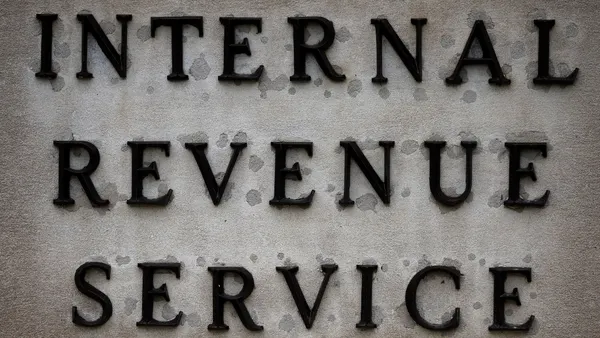Violations of travel and expense (T&E) policies are a drain on company funds. And the more employees travel, the bigger problem violations can become — potentially squeezing companies as they grow.
In 2023, for example, 61% of finance executives reported that their travel and expense policies were frequently or sometimes violated — and 73% agreed that employee violations of travel and expense policies will become a bigger issue as their companies grow over the next five years.
The issue has a variety of contributing factors.
“Travel and expense management is a ripe area for misuse, but not all policy violations are intentional,” says Duke Chung, CEO and Co-Founder at TravelBank. “Some employees are outright booking outside of policy, but many don't have easy access to their company policies.”
When companies invest in growing T&E compliance, it has an impact. Research by Forrester Consulting into the total cost of ownership and ROI of using TravelBank, for example, found the businesses in the study achieved an average cost savings of $321,000 over three years as they grew T&E policy compliance from 40% to 91%. The following three efforts are key to raising policy compliance rates.
1. Increase employee awareness of policies
When companies house their travel and expense policy information in static PDFs or on underused intranets, their employees are unlikely to refer to it—let alone adhere to it. Ideally, employees booking travel should be able to access policy information right when they need it, which is when they are taking action on their travel plans.
“Having clarity about what they are allowed to book will encourage most employees to stay within policy,” says Chung.
The simplest way for companies to make policy information accessible and available to employees is by layering policy guidance directly into their travel booking platform. A booking platform with built-in policies deters violations from happening in the first place, because it alerts employees when their bookings and expenses fall outside their employers’ guidelines.
2. Increase booking visibility
A booking platform with built-in policies and cost-estimating tools can also unlock new levels of transparency and real-time visibility into travel and expenses for companies. This kind of platform aids employees in making more cost-effective choices in their travel plans while helping company leaders make more informed decisions designed to save money and drive growth.
“Increased visibility into the booking costs on the finance and accounting side allows the company to identify their [policy-violating] outliers more effectively and take action,” says Chung. “It also allows for more dynamic and realistic travel budgets, so approvers can make educated decisions when reviewing trip requests.”
With greater visibility also comes more accessible and comprehensive reporting. Data and insights into travel and expense spend can power decisions that help company leaders revise and improve their T&E policies, negotiate preferential deals with repeat vendors, greenlight the right trips (based on cost considerations) and create more accurate expense forecasts.
3. Monitor out-of-policy spend
When companies rely on legacy systems, spreadsheets, reimbursements and manual processes to manage travel and expenses, it’s difficult for their finance team members to review every transaction for policy compliance. (One healthcare organization stakeholder told Forrester Consulting that before implementing TravelBank, it took the organization up to two to three months to catch instances of out-of-policy spending.)
With a legacy approach to T&E, the challenge of staying on top of out-of-policy spending becomes even more difficult as companies scale. With 71% of finance executives agreeing in 2023 that travel and expense management absorbed too much of their finance teams’ time and attention, companies can’t afford to simply allocate more resources to assessing travel bookings and expenses for policy compliance as they grow.
A modern travel and expense management platform that offers a high degree of visibility into bookings and expenses can keep finance team members up-to-date and informed on policy compliance with less manual effort required.
“TravelBank helps companies monitor out-of-policy spend by flagging out-of-policy options in the booking platform, triggering trip approval flows when over-budget bookings are requested, offering a virtual card integration so spend limitations can be set at the card level, syncing transactions in real-time for earlier visibility, and combining travel, expense and card spend data onto one dashboard so accounting can spot discrepancies and violations with ease,” says Chung.
Take a step toward savings
Ultimately, having a standardized process for booking travel and clear visibility into expenses is a powerful combination for reducing policy violations. And the cost savings companies can achieve through improved policy adherence account for just one of the overall benefits they can unlock from implementing a modern travel and expense management solution: The Forrester Consulting study found that TravelBank generated a total of $482,000 in benefits and savings over three years.
To learn more about how TravelBank is helping companies reduce or eliminate policy violations, go to travelbank.com.










